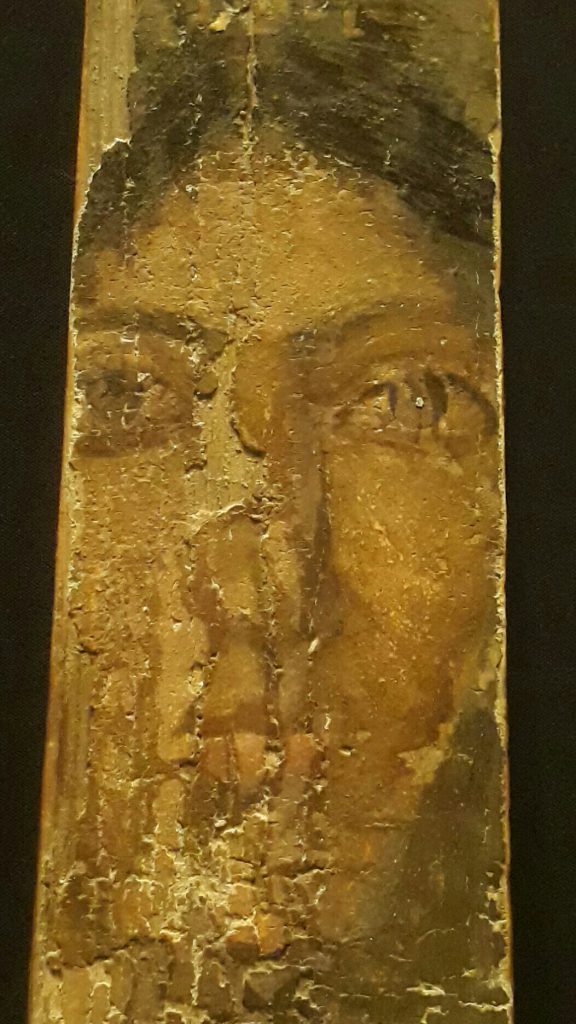International Workshop
Intellect and Soul
in Alexandrian Neoplatonism
20th & 21st June 2022
Institute for Mediterranean Studies
130 N. Foka & I. Melissinou, Rethymno
The Institute for Mediterranean Studies of the Foundation for Research and Technology Hellas (IMS-FORTH) and the Alexandria Center for Hellenistic Studies (ACHS) of the Bibliotheca Alexandrina co-organise the workshop “Intellect and Soul in Alexandrian Neoplatonism”. Focusing on Alexandrian Neoplatonism (3rd-7th c. CE), the workshop explores the evolution of Neoplatonic metaphysics between tradition and innovation.
We are interested in questions such as:
• What are the motivations and distinctive features of different approches to the nature of, and distinction between, the Hypostases, especially between Intellect and Soul but also between Intellect and the One?
• How do these metaphysical innovations inform or reflect other aspects of Neoplatonic thought?
• In what ways do metaphysical innovations relate to the way in which Alexandrian Neoplatonists understand, for instance, the Forms and the intelligible universe, the Soul’s intermediate role, human moral progress or the sensible cosmos?
Investigating these and other relevant questions, we intend to juxtapose Plotinus’ views with the developments of some of the last representatives of the Alexandrian School.

Speakers and Titles:
MARK EDWARDS
(University of Oxford)
Nous in Philoponus.
PANTELIS GOLITSIS
(Aristotle University of Thessaloniki)
From Alexandria to Athens: What Damascius Learned from Ammonius.
PAUL KALLIGAS
(Director of the European Cultural Centre of Delphi & National and Kapodistrian University of Athens)
Plotinus on Bringing Order to the Universe.
DIMITRIOS VASILAKIS
(National and Kapodistrian University of Athens)
Towards a Dialectical Relation Between Form and Content:
Reading Plotinus’ Enn. III.5 via the Phaedrus?
IRINI-FOTINI VILTANIOTI
(University of Crete & IMS-FORTH)
Plotinus on Plato’s Timaeus 90a.
Organisers:
Irini-Fotini Viltanioti (University of Crete & IMS-FORTH)
Aya Samir, Mark Kyriakos (Bibliotheca Alexandrina)
